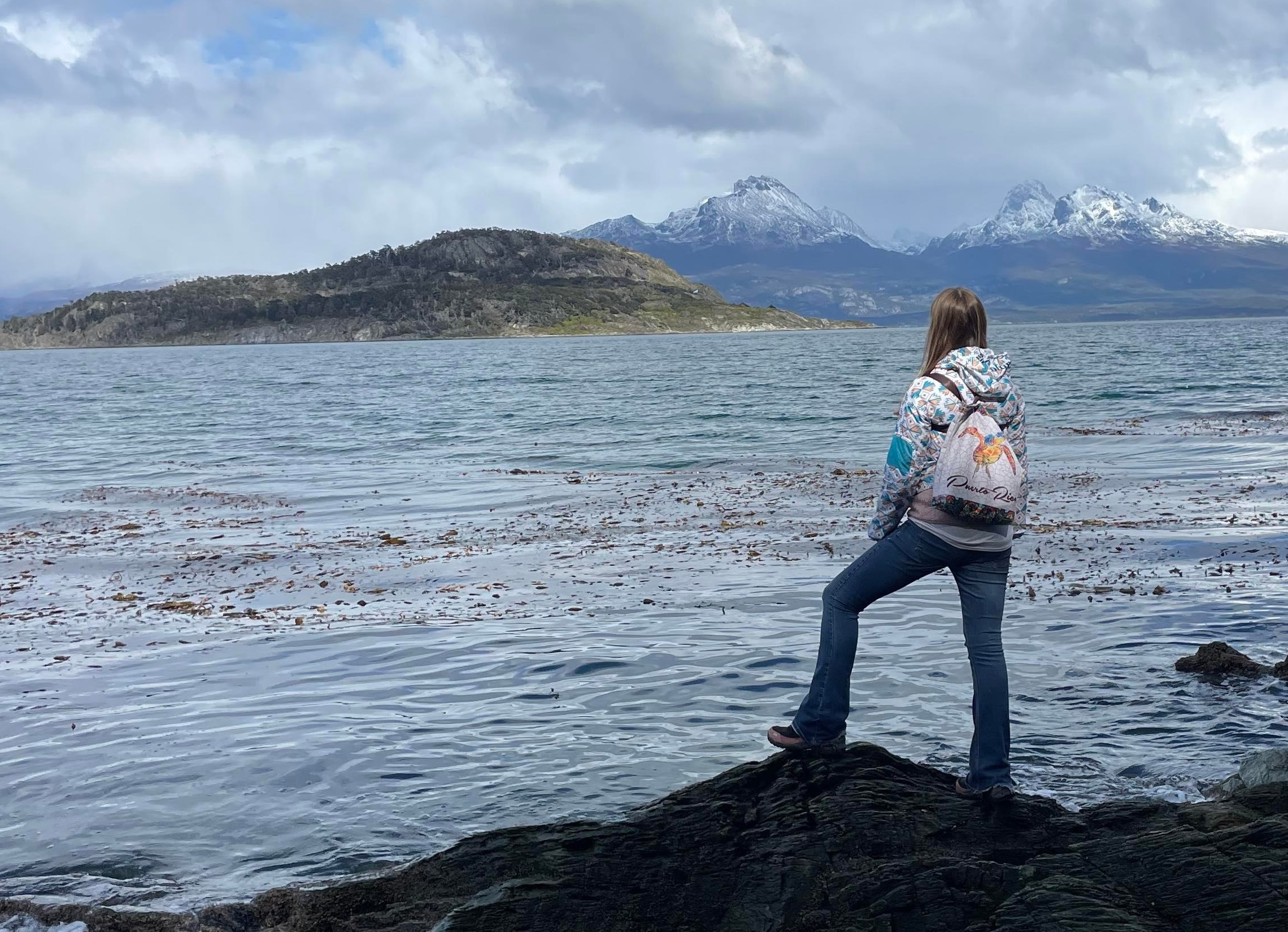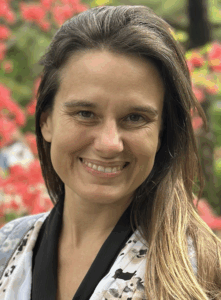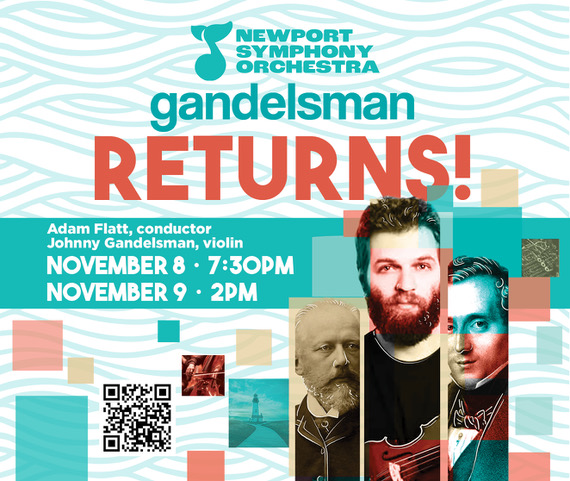
By LORI TOBIAS/Oregon ArtsWatch
NEWPORT — Nicole Elyse had what appeared to be a pretty good life — a job at Stanford, a comfortable marriage “… the things you’re supposed to have to be happy.”
Except she wasn’t. When Elyse thought of happiness, she thought of a life unfettered by the 9-to-5 grind — of life abroad, the life of a digital nomad.
She got her wish. With it came a different bed every week, the loss of a cellphone for three months, and $350 in excess baggage fees for overpacking her carry-on. Some might think that old 9-to-5 job was looking pretty good. But not Elyse. Not even after she faced a pair of assailants, one with a gun, the other with a knife.
Elyse will share the tale of her digital nomadic life — one that combines travel and remote freelance writing — in her presentation “Why Getting Robbed at Gunpoint in Colombia Is the Best Thing That’s Ever Happened to Me … and Other Tales From Abroad” at 2 p.m. Saturday, Sept. 13, at the Newport Public Library.
It’s a story of travel but also of fear and letting go of it. There’s no charge to attend, and for an hour, listeners get to live vicariously or, perhaps, take in Elyse’s hard-earned lessons to decide if the nomadic way might be for them.

“It’s hard,” Elyse said. “It’s really, really, hard, ridiculously hard. You have to love it. For me, it’s much easier than for some. I’m much happier doing those hard things, trying to find somewhere to live every month, figuring out travel arrangements and dealing with things like getting robbed at gunpoint. That’s much easier and fulfilling than having a 9-to-5 job where I’m in one place all the time. Being in one place makes me feel like I am going to go insane.”
Elyse had studied abroad in college and assumed she’d continue to live in a foreign country after graduating. Instead, she married and settled into life in sunny California. But as she approached 30, she felt that tug of regret. So, in 2019, she quit her job in communications at Stanford University, packed up, and moved to Thailand. Thanks largely to her connections at Stanford, she quickly landed a short-term job in Bangkok, then followed that with a job in Cambodia for 10 months.
Until recently, with the exception of a stint back in the states during COVID that also saw her divorced, Elyse has been on the road since.
“It’s been a thousand times better than I expected,” she said. “I thought it would be great, and it was.”
In Puerto Rico, when she wasn’t working, she spent two years “jumping off waterfalls, hiking up rivers, and spending a lot of time on a beach.”
“The thing that I didn’t expect, that has surprised me the most, is just how kind people have been all around the world,” Elyse said. “There’s that whole stigma of the solo female traveler, of that being a dangerous thing to do in the world. But my experience is actually the opposite. Whenever it looked like I might be in trouble, I’ve always had people go way out of their way to help me.”
There was the time in Chile when she was lost, wandering aimlessly with no idea where she was, and someone set her straight. The time in Laos when she learned that a wound her husband sustained in a motorbike accident in Thailand had become infected, and she was trying to get back to him.
“I was crying in the airport. And this nice man came over, sat with me, talked with me, and arranged it with the flight attendant so that I could sit next to him and his friend on the plane so I wouldn’t be alone. There were so many moments like that all around the world — all different people from all different backgrounds in all different languages — where people have gone way out of their way to try to help me when it looked like I needed help.”
The American advantage
Elyse, who is taking a break from the road and living with her parents in Newport, was also frequently reminded how “ridiculously lucky” she is to live in the U.S., where the air is clean and groceries plentiful, “to be an American and native English speaker,” and to possess a U.S. passport, all of which opened many doors.
Those advantages were in stark contrast to the life she experienced in Cambodia, where the air pollution left her ill long after she left and the grim history was ever present.
“I worked at the documentation center of Cambodia and so I heard a lot about the Khmer Rouge. I visited the Tuol Sleng prison where people were tortured and killed, also the Killing Fields.”
She recalled the blood stains on the floor, still visible after 50 years and hearing the tales of torture, including “dunking people’s heads in buckets of feces to try to get them to confess things.
“The thing that hit me the most is that I studied history extensively in college,” said Elyse, who also has toured a German concentration camp. “I should know about the other genocides around the world. I barely knew anything about the Khmer Rouge before I got to Cambodia.”
Then came the encounter in Colombia, where she lost pretty much everything she owned at gunpoint. Some people might have taken it as a sign to go home. Although shook up for a while, Elyse took something bigger from the encounter, life-changing really — she learned to let go of the fear and anxiety that has plagued her much of her life.
Still, not long after, she found herself growing weary of the whole adventure. Maybe it was time to go home.
“When I got to Antarctica, I had been in South America for like 3½ months, and I was starting to wonder if I was getting over travel. And then there was this moment. It was sunset and we were in this bay surrounded by glaciers. There were penguins swimming through the water and this beautiful pink hue against the glaciers. These humpback whales came by, and one of them dove. … I looked around at all of that, and I just started crying because it was so beautiful.”
That was the moment when she knew that maybe she didn’t need to travel so constantly. She was pretty seasoned after all, but she wasn’t about to give it up, either.
“Everything about travel just fills my soul in a way that other things do not,” she said. “And that’s probably my answer to the question of why people do this.”
This story was originally published by our community partner Oregon ArtsWatch. For more arts news coverage go to Oregon ArtsWatch. Lori Tobias is a longtime Newport-based journalist and author who can be reached at ltwriter0815@gmail.com.





















Great article, Lori. I heard Nicole’s talk at Beach Daisy wine shop and it’s great storytelling. Go listen and expand your world.